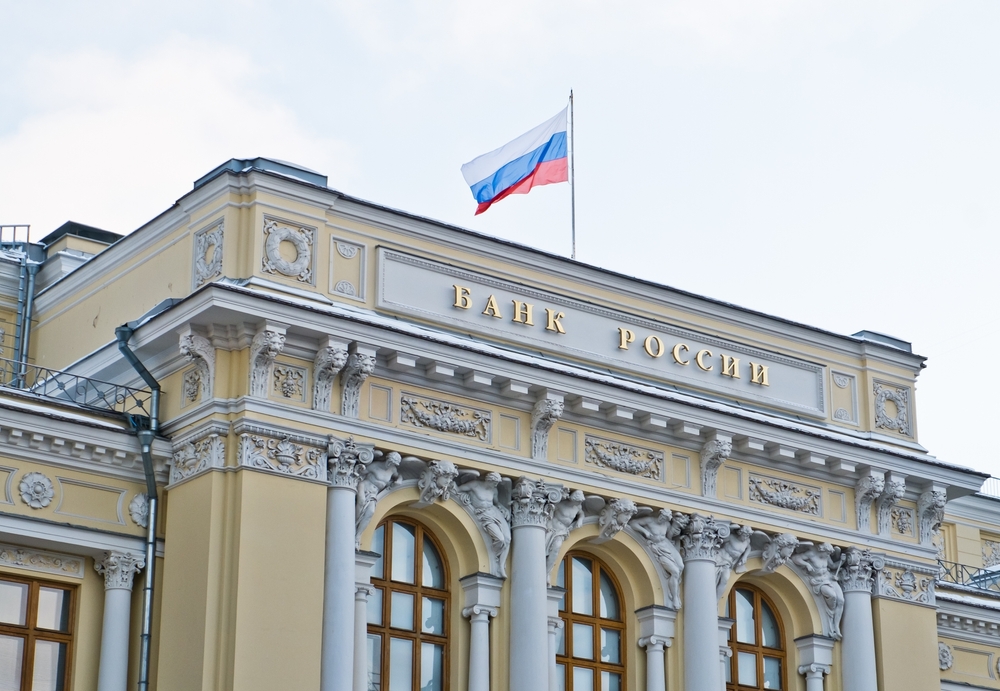War, inflation and central banks
The people who head the central banks of Belarus, Ukraine and Russia are usually regarded both in the West and in the expert circles of their countries as the most liberal or technocratic in the economic governance structures. They are all well-read, experienced and have contacts abroad. However, the institutional reality of Belarus, Russia and even Ukraine is that all three central banks remain heavily dependent on the presidential centres.
In the many economic analyses of the countries involved in the war on the borders of the European Union, little attention is paid to the role of the central banks of Belarus, Russia and Ukraine. However, a look at their functioning allows us to gain not only a better understanding of the current economic policies of Kyiv, Minsk and Moscow but also an insight into the peculiarities of these countries' economic systems.
To access this content, you must
subscribe to NEE, or
log in if you are a subscriber. Not a subscriber? Why not try it out. Plans start at just €5 per month.
February 7, 2024 -
Kacper Wańczyk
-  AnalysisIssue 1-2 2024Magazine
AnalysisIssue 1-2 2024Magazine

Photo: E. O. / Shutterstock
 banking, belarus, central bank, economics, fiscal policy, Russia, Ukraine
banking, belarus, central bank, economics, fiscal policy, Russia, Ukraine
AnalysisIssue 1-2 2024Magazine


































